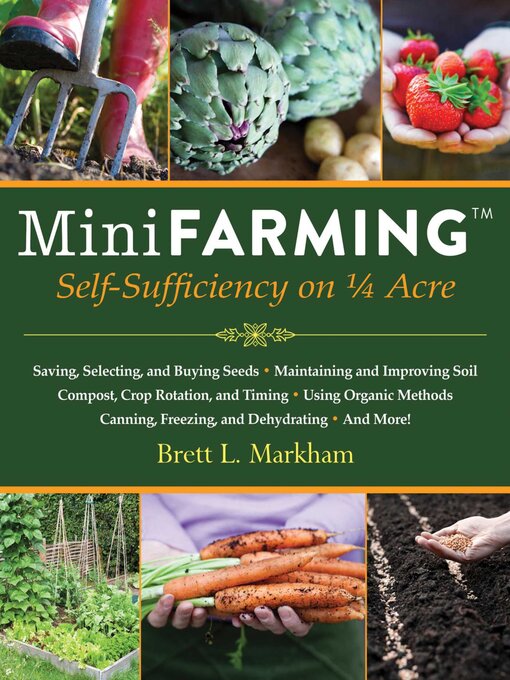Mini Farming describes a holistic approach to small-area farming that will show you how to produce 85 percent of an average family's food on just a quarter acre—and earn $10,000 in cash annually while spending less than half the time that an ordinary job would require.
Even if you have never been a farmer or a gardener, this book covers everything you need to know to get started:
Because self-sufficiency is the objective, subjects such as raising backyard chickens and home canning are also covered along with numerous methods for keeping costs down and production high. Materials, tools, and techniques are detailed with photographs, tables, diagrams, and illustrations.


